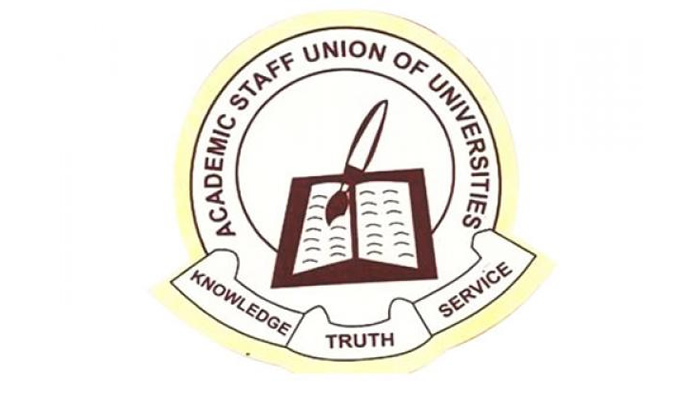ASUU Threatens Strike Over Tax Reform Bill That Targets TETFund

The Academic Staff Union of Universities (ASUU) has warned of an imminent strike if the Nigeria Tax Reform Bill 2024, currently under review by the National Assembly, is passed and implemented. The bill proposes a reallocation of the Development Levy, a critical education tax that funds the Tertiary Education Trust Fund (TETFund), which ASUU describes as the lifeline of Nigeria’s tertiary education system.
Key Provisions of the Tax Reform Bill
The contentious provision lies in Section 59 (3) of the proposed bill, which outlines a phased reallocation of the Development Levy:
•2025–2026: TETFund will receive 50% of the levy, while agencies like NITDA (National Information Technology Development Agency), NASENI (National Agency for Science and Engineering Infrastructure), and NELFUND (Nigeria Education Loan Fund) will share the remaining 50%.
•2030: NELFUND is slated to receive 100% of the Development Levy, leaving TETFund, NITDA, and NASENI without funding.
ASUU’s Reaction
ASUU National President, Prof. Emmanuel Osodeke, criticized the bill, emphasizing that TETFund is the sole funding mechanism sustaining public universities, polytechnics, and colleges of education in Nigeria. He argued that phasing out TETFund by 2030 would lead to the collapse of these institutions.
Osodeke stated:
“If the tax reform bill is implemented, all Nigerian public universities, polytechnics, and colleges of education will collapse. This also means that all of ASUU’s efforts over the years on TETFund will be in vain. We are ready to fight this reform with strikes and ensure the government does not destroy our universities as it did with public primary and secondary schools.”
SSANU Joins the Opposition
The Senior Staff Association of Nigerian Universities (SSANU) also expressed strong opposition to the bill. Its National President, Mohammed Ibrahim, warned that without TETFund, many institutions would struggle to survive due to insufficient funding and a lack of basic facilities.
Ibrahim remarked:
“No university today can conveniently pay its electricity bills without TETFund support. The government must go beyond rhetoric and address the realities on the ground. Public universities are already grappling with dilapidated structures, insecurity, and student fee hikes. Reducing funding will exacerbate these challenges.”
Broader Implications
Both ASUU and SSANU have highlighted the potential fallout of the bill:
1.Infrastructure Collapse: TETFund’s withdrawal could leave tertiary institutions unable to maintain or build critical facilities.
2.Increased Strikes: A prolonged dispute over funding will likely lead to further disruptions in academic calendars.
3.Decline in Educational Standards: With public universities already struggling, reduced funding could worsen the quality of education, forcing more students into expensive private institutions or out of school entirely.
Current Challenges
Meanwhile, SSANU also raised concerns about delayed November salaries due to the Federal Government’s migration from the Integrated Payroll and Personnel Information System (IPPIS) to the Government Integrated Financial Management Information System (GIFMIS). Many university staff have been left unpaid, further compounding the financial strain on the sector.
Call for Broader Consultations
Both unions have urged the government to consult widely before implementing the bill. They argue that the proposed tax reform ignores the realities of tertiary education funding and risks undermining decades of progress in the sector.
With growing discontent among university staff and the looming threat of a strike, the government faces mounting pressure to rethink its approach to education funding and reform.



